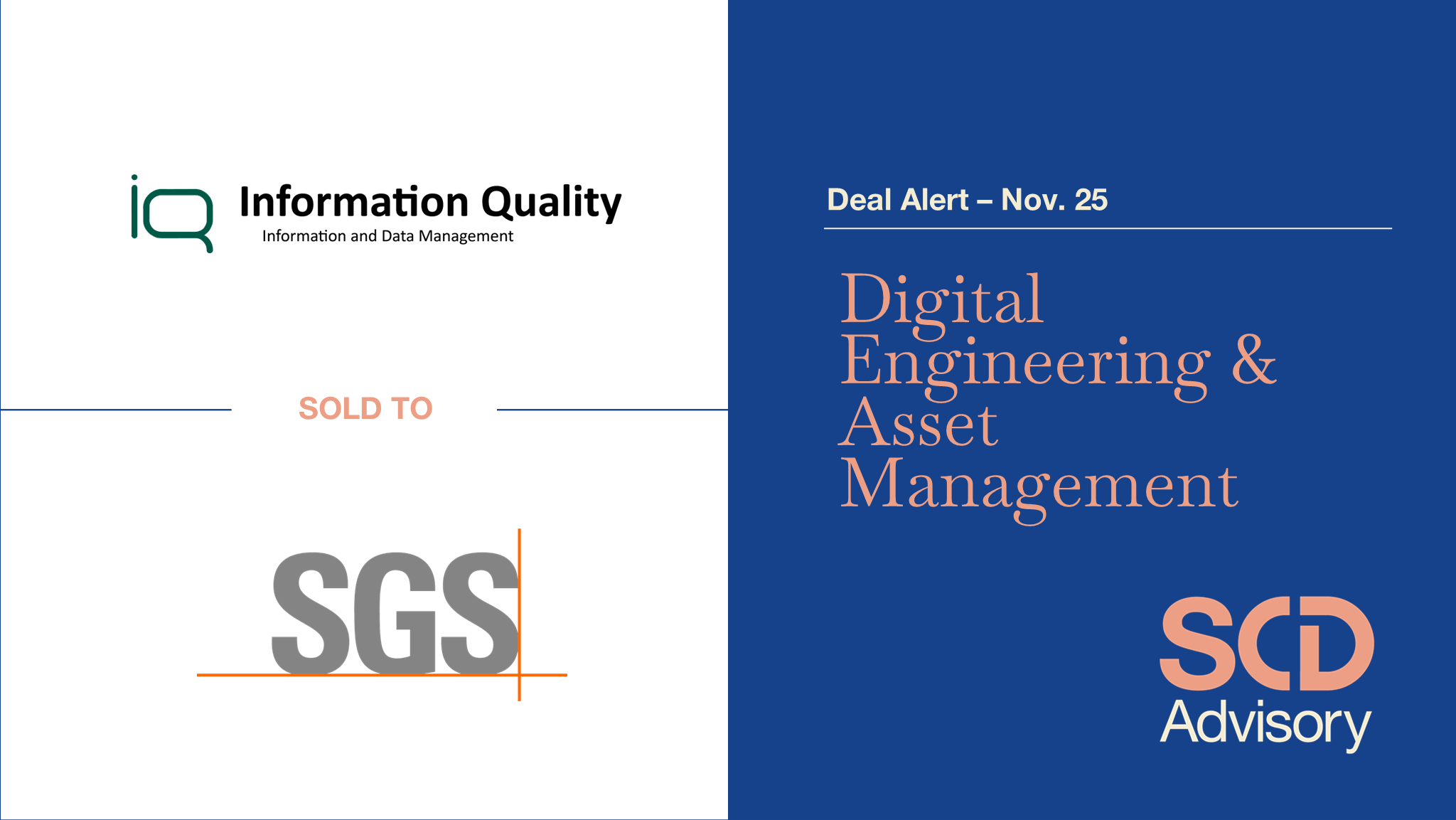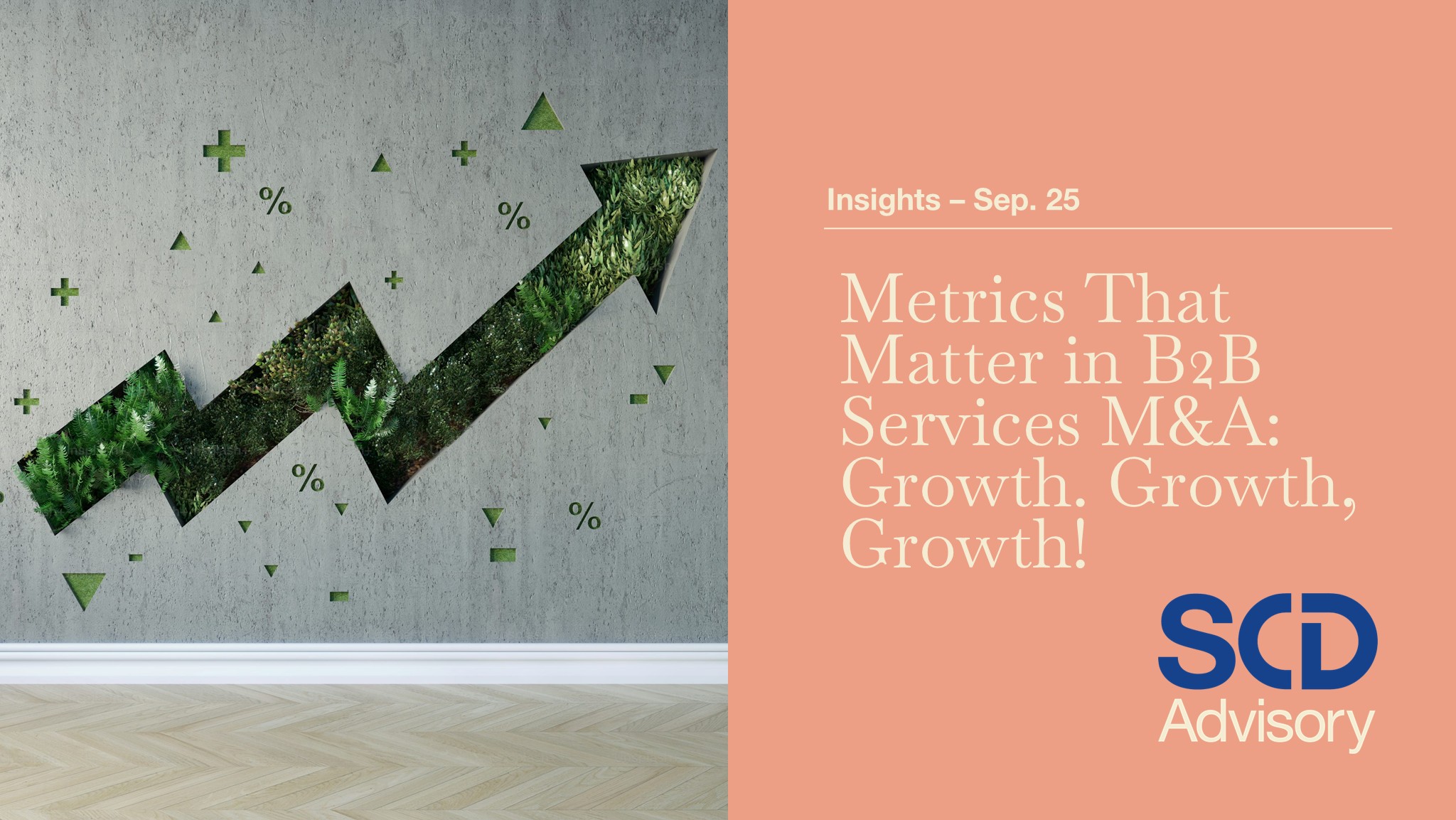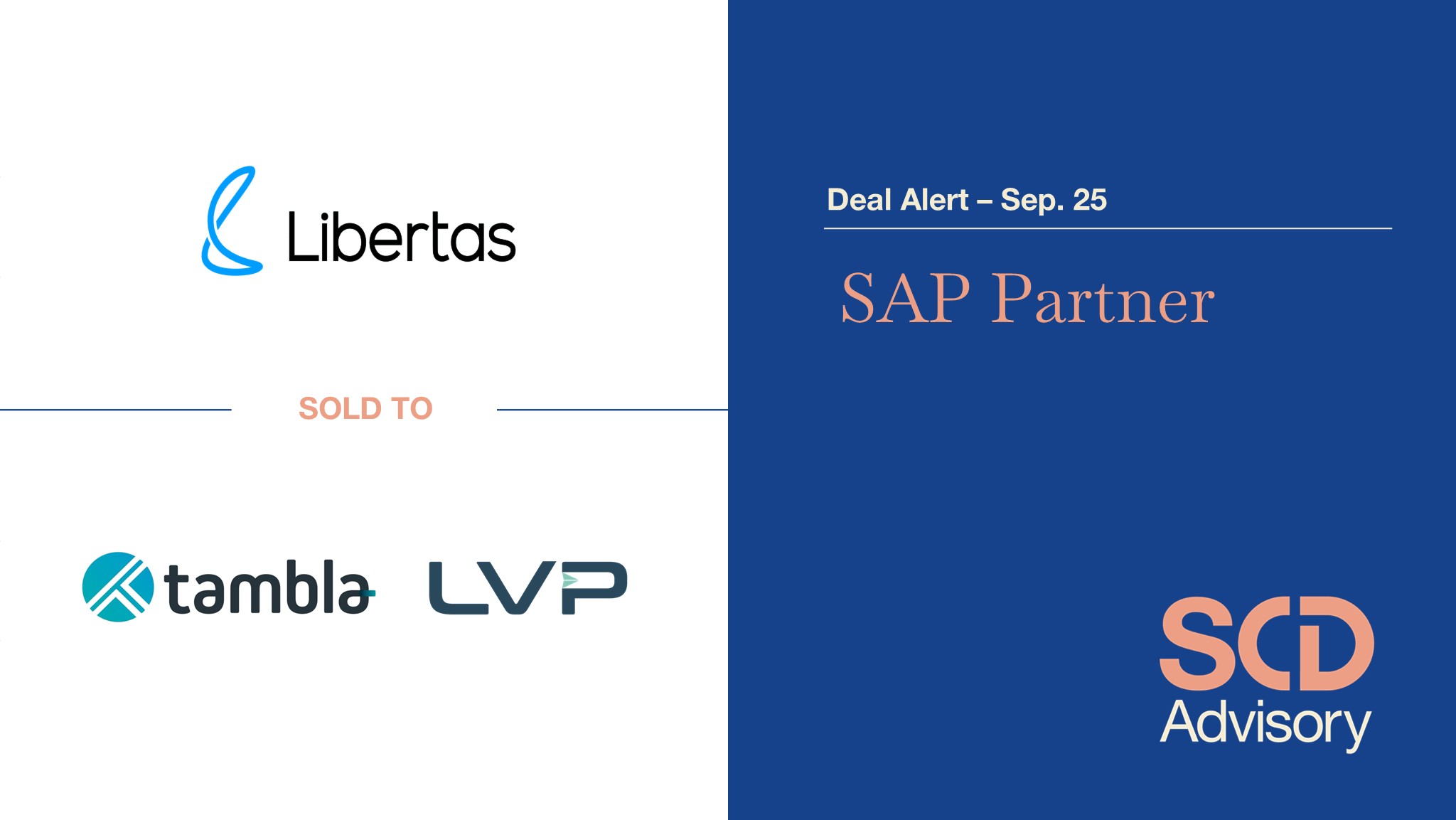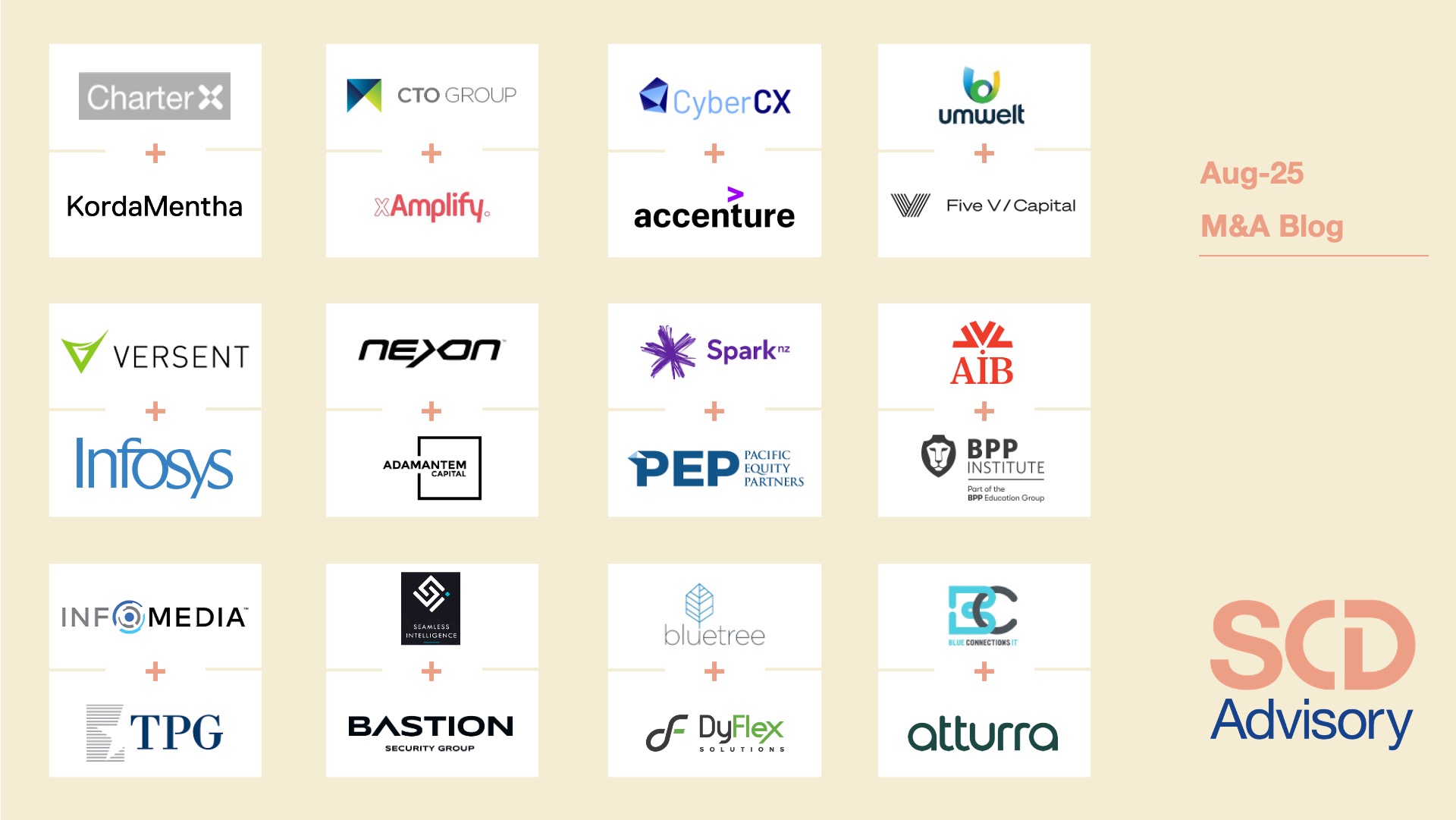
13 Key ESG and Sustainability Trends for Business IT
The TechTarget article explores how businesses, particularly in IT, are adapting to the evolving landscape of Environmental, Social, and Governance (ESG) responsibilities. It highlights critical trends, including climate adaptation strategies, transparent carbon footprint disclosures, green IT initiatives, and the growing role of AI in ESG efforts. Companies are also focusing on regulatory compliance, realistic sustainability goals, and enhanced ESG data analytics to drive meaningful progress. However, challenges remain, such as the risk of businesses prioritising compliance over genuine impact. With increasing stakeholder expectations and regulatory requirements, organisations must integrate ESG into their core strategies, ensuring long-term resilience and competitive advantage in an environmentally conscious market.

1. Climate Adaptation: A New Business Imperative
Businesses are recognising that mitigating climate change is no longer enough – they must also adapt. Rising global temperatures, extreme weather events, and resource scarcity are forcing companies to build resilience into their supply chains, infrastructure, and operations. This shift includes conducting climate risk assessments and implementing strategies to protect assets and ensure long-term viability.
2. Carbon Footprint Transparency: Accountability Over Optics
With growing scrutiny over greenwashing, companies can no longer rely on vague carbon neutrality claims. Investors and regulators are demanding credible, standardised carbon footprint disclosures, with pressure to align with frameworks like the GHG Protocol and Science-Based Targets Initiative (SBTi). Enhanced transparency builds stakeholder trust and minimises regulatory and reputational risks.
3. Green IT: Sustainability in the Digital Age
The IT sector is under increasing pressure to reduce its environmental footprint, particularly as data centres consume massive amounts of energy. Businesses are adopting energy-efficient computing, cloud-based solutions, and sustainable hardware practices to cut emissions and manage electronic waste. CIOs must now integrate green IT strategies to align with corporate ESG goals.
4. ESG Data Analytics: From Compliance to Competitive Advantage
As ESG reporting requirements increase, businesses need real-time, AI-driven analytics to track sustainability metrics accurately. Companies investing in automated ESG data systems can enhance compliance, improve operational efficiencies, and turn sustainability into a strategic asset. Those that fail to leverage data risk falling behind in regulatory adherence and investor confidence.
5. AI in ESG: Driving Impact at Scale
AI is becoming a powerful enabler of ESG initiatives, helping companies optimise energy use, detect supply chain inefficiencies, and monitor climate risks. It is also being leveraged to strengthen corporate governance by identifying fraud, ethical violations, and environmental non-compliance. AI-driven ESG strategies allow businesses to meet targets more efficiently and accurately.
6. Realistic Sustainability Goals: Moving Beyond Ambition
Companies are shifting from setting overambitious net-zero targets to practical, measurable sustainability goals. Instead of broad commitments, businesses are focusing on achievable milestones, such as reducing emissions in specific areas, improving resource efficiency, and enhancing sustainability within supply chains. This pragmatic approach increases accountability and leads to genuine progress.
7. Regulatory Compliance: ESG Laws Are Here to Stay
Governments worldwide are tightening ESG disclosure requirements, making compliance a non-negotiable priority. Companies operating in regions with strict regulations, such as the EU and Australia, must align with frameworks like the Corporate Sustainability Reporting Directive (CSRD). Failing to comply can result in financial penalties and reputational damage, making proactive ESG governance essential.
8. Clean Energy Adoption: A Business and Financial Necessity
The push for renewable energy is accelerating, driven by the need to cut emissions, reduce energy costs, and enhance resilience against fossil fuel volatility. Many corporations are securing long-term renewable energy contracts (PPAs) and investing in on-site solar, wind, and battery storage to achieve sustainability targets. This transition is becoming a competitive differentiator in attracting ESG-conscious investors.
9. The Compliance Trap: Meeting ESG Rules Without Real Impact
A concerning trend is that some companies are focusing solely on regulatory compliance without making meaningful sustainability improvements. Meeting reporting requirements does not always translate to operational change, and investors are beginning to scrutinise whether businesses are truly integrating ESG or just following minimum legal standards. Genuine impact requires embedding sustainability into core business strategy rather than treating it as a compliance exercise.
10. Standardised ESG Reporting: Creating Consistency and Trust
With fragmented ESG reporting standards causing inconsistencies, businesses are adopting global frameworks like GRI, SASB, and TCFD to improve comparability. Standardisation helps investors assess ESG performance more effectively and allows companies to demonstrate credibility. Organisations aligning with these frameworks will gain an edge in capital markets and regulatory environments.
11. Sustainable Procurement: ESG Across the Supply Chain
Sustainability is extending beyond internal operations to entire supply chains. Businesses are now required to track Scope 3 emissions – which include indirect environmental impacts from suppliers – and ensure ethical sourcing. Companies that fail to manage supplier sustainability risks face potential legal, operational, and reputational challenges, making ESG-focused procurement an essential business strategy.
12. The Circular Economy: A New Model for Resource Efficiency
Companies are shifting away from a linear “take-make-dispose” model to a circular economy, where materials and products are reused, repurposed, and recycled. This transition reduces waste, resource depletion, and long-term costs while aligning with regulatory and consumer expectations. Businesses that integrate circular economy principles will be better positioned for future sustainability-driven market shifts.
13. Leadership Commitment: ESG as a C-Suite Priority
Sustainability is no longer a CSR initiative – it requires active leadership from CEOs, CFOs, and boards. ESG success depends on embedding sustainability into corporate strategy, governance, and decision-making. Companies with engaged leadership on ESG issues are more likely to drive long-term value, attract investors, and future-proof their business against environmental and regulatory risks.
Final Thoughts
ESG is no longer an afterthought – it is a business imperative. Companies that align with these trends will be:
✅ More resilient in the face of climate risks.
✅ More attractive to investors and consumers.
✅ Better positioned to comply with global ESG regulations.
However, to achieve genuine impact, businesses must move beyond compliance and embed sustainability at the core of their strategies.
At SCD Advisory, we offer a range of services from deal preparation to transaction execution. Contact us at info@scdadvisory.com to find out more.

M&A Valuation vs Deal Structure: Why Both Matter

Inside the Buyer’s Mind: Key Metrics That Matter in B2B Services Deals

Major Regulatory Changes to Australia’s M&A Landscape: What the New ACCC and FIRB Reforms Mean for Businesses
Give us a call on +61 434 730 099. Or, email us at info@scdadvisory.com
or fill in our contact form and we will give you a call.



